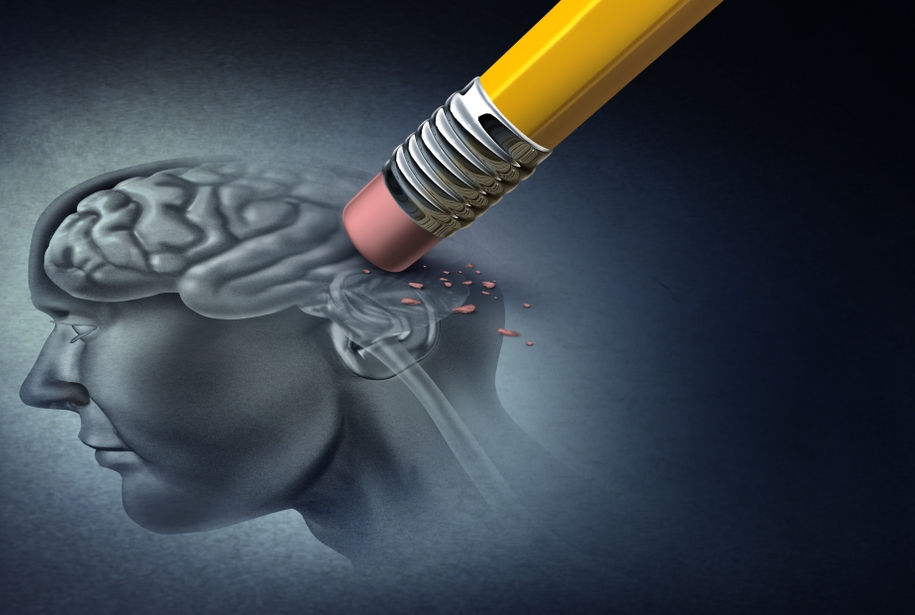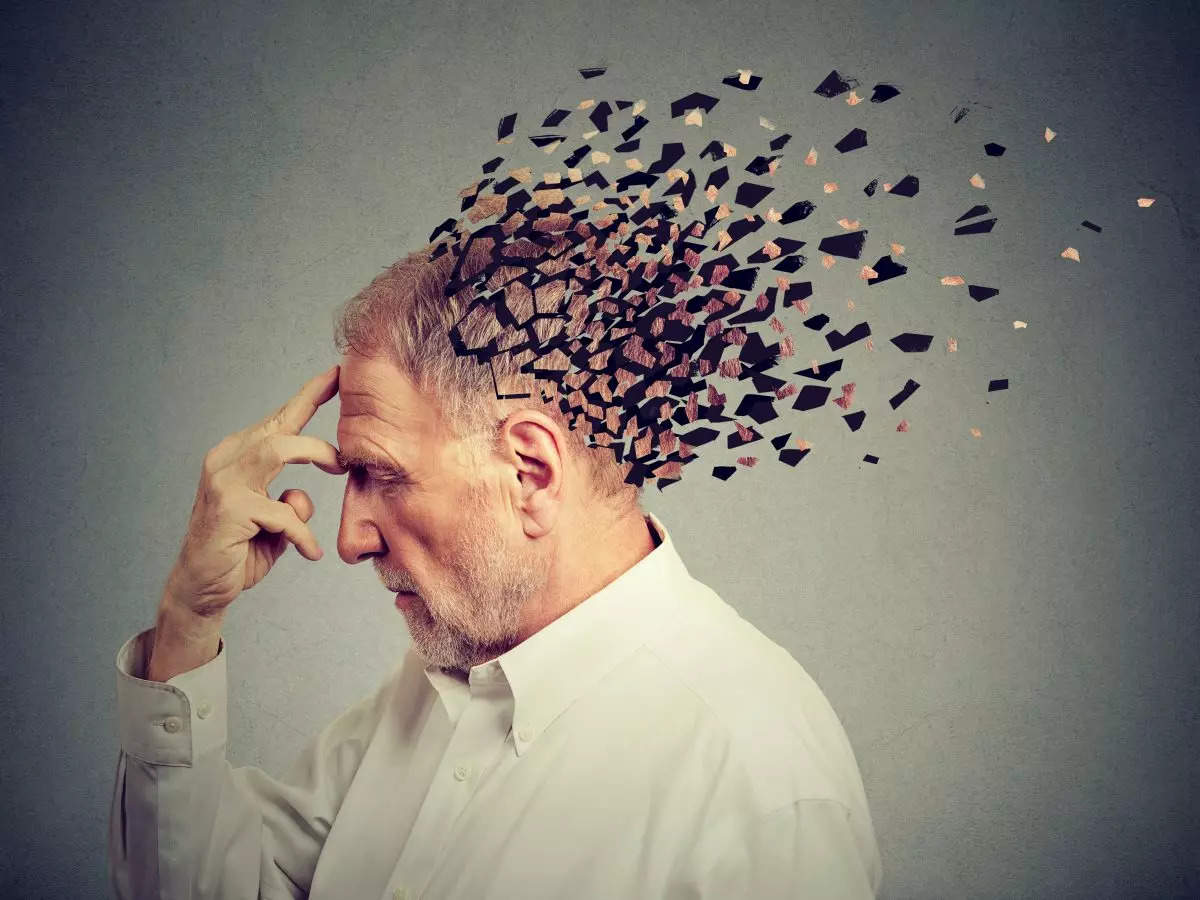Early Onset Alzheimer’s: What Are The Symptoms?
Early Onset Alzheimer’s: What Are The Symptoms?
Early onset Alzheimer’s is defined as the onset of Alzheimer’s before age 65. Alzheimer’s affects both older adults and young people differently and stems from a variety of factors that can go from genetic, environmental, or lifestyle-related. When one is affected by early onset Alzheimer’s , their loved ones will experience many difficulties in understanding what to expect from specific situations including these four types of symptoms below:

What are the signs and symptoms of early onset Alzheimer’s ?
Alzheimer’s is a debilitating neurological disorder that can dramatically reduce someone’s ability to live independently. The most common form of Alzheimer’s , Alzheimer’s disease, affects an estimated 5.4 million Americans, making it the nation’s sixth-leading cause of death. While there are multiple forms of Dementia , early onset Alzheimer’s (defined as Alzheimer’s onset before the age of 65) is the most common type and accounts for 60-70 percent of all cases.
Early onset Alzheimer’s typically presents with memory loss and other cognitive difficulties, but it can also include changes in mood, personality, and behavior. Here are three key symptoms to watch for if you think a loved one may be struggling with early onset Alzheimer’s :
-Memory Loss: One of the hallmarks of early onset Alzheimer’s is significant memory loss. While many individuals with this condition still have general memories, they may struggle to remember specifics – such as names of people or events.
– Confusion: Many people with early onset Alzheimer’s experiences confusion and difficulty understanding complex tasks. This may manifest as difficulties following conversations or instructions, getting lost easily, or not being able to understand road signs.
– Changes in Mood: People with early onset Alzheimer’s tend it be more irritable and likely to suffer from susceptible and anxiety.
– Decline in cognitive function: Trouble recalling words or name, difficulty processing information eg visual or audio stimulus, problems with understanding and judgment, etc could also point towards Early Onset Alzheimer’s.

How is early-onset Alzheimer disease diagnosed?
Your healthcare provider checks your medical history and can then diagnose Alzheimer disease by checking the above given signs and symptoms along with a few cognitive tests of memory, problem solving, and other mental skills. After checking the results of cognitive testing, your provider may also ask to you go for a more detailed testing with a neuropsychologist and may need your blood, urine, and spinal fluid test results too. You may also need CT and MRI scans of your brain to have a closer look at any damage in brain tissue by your health care provider.
Researchers hope that, in the future, studies on biomarkers will help in quicker diagnosis of Alzheimer’s disease. Biomarkers are proteins in the body, or other types of markers, that reliably indicate the progress of a disease.

What is underway to help people with early onset Alzheimer’s ?
In recent years, the focus of Alzheimer’s has shifted from a problem with aging to one caused by specific events or problems in a person’s life. This change is called late onset Alzheimer’s , and it affects people over 65 years old. Early onset Alzheimer’s , which is also called early onset Dementia, usually starts between the ages of 40 and 50.
Early onset Alzheimer’s often has different symptoms from Alzheimer’s disease as well as other types of Alzheimer’s . The most common early onset signs are: problems with memory, thinking, communication, and behavior; changes in mood; and problems with movement. Some people only have a few of these signs, while others have many.
There is no one cure for early onset Alzheimer’s , but there are treatments that can help improve the symptoms. Treatment options include: medication to help control the symptoms; behavioral treatments such as counseling; help with activities of daily living (ADLs); and physical rehabilitation. There is currently no cure for early onset Alzheimer’s , but there are treatments that can help improve the symptoms of delay the progress
Tags: Alzheimer’s Disease – Symptoms and Causes – Mayo Clinic
Memory Loss & 10 Early Signs of Alzheimer’s | Alz.org
What Are the Signs of Alzheimer’s Disease? | National Institute
Alzheimer’s Disease – NHS
What Is Alzheimer’s Disease? – CDC
Alzheimer’s Disease: Symptoms, Stages, Causes, and Treatments
Alzheimer’s Disease: Symptoms, Causes, Treatments
Alzheimer’s Disease – Symptoms, Causes, Diagnosis, Prevention
